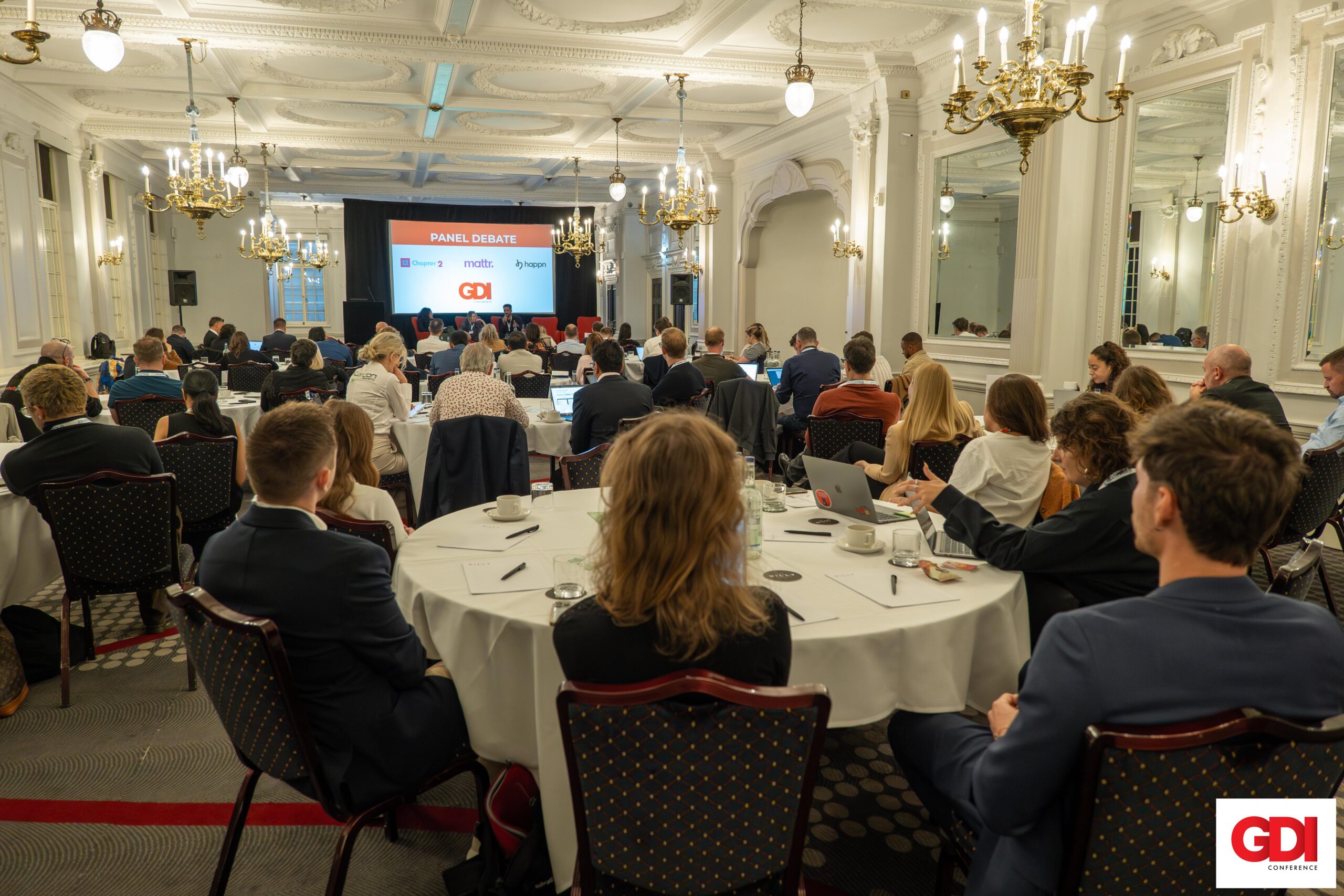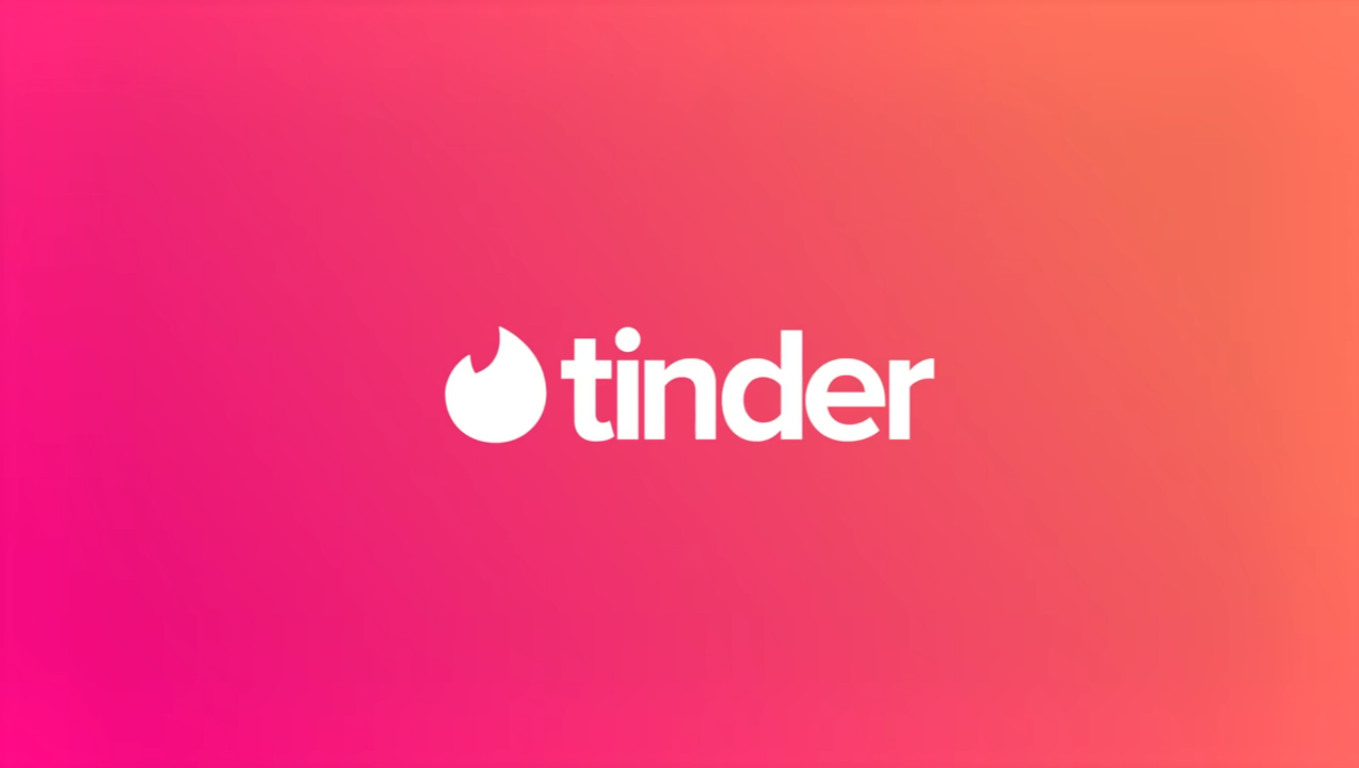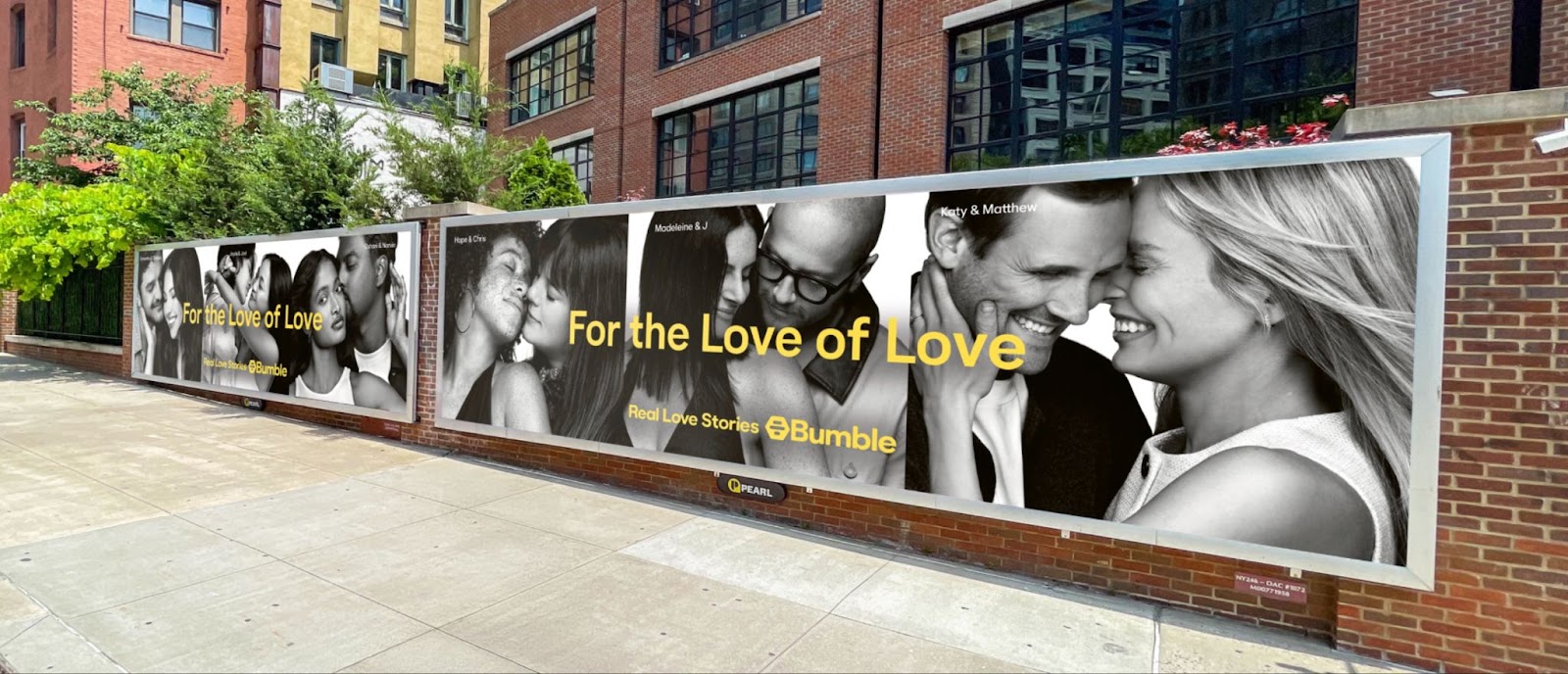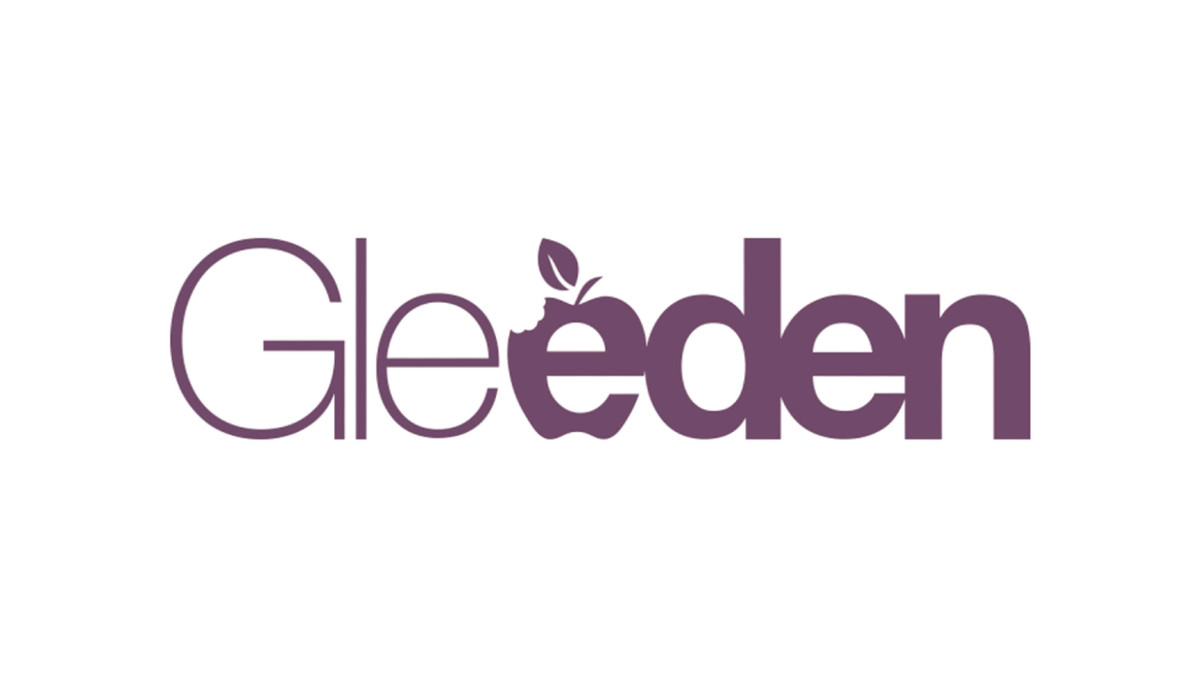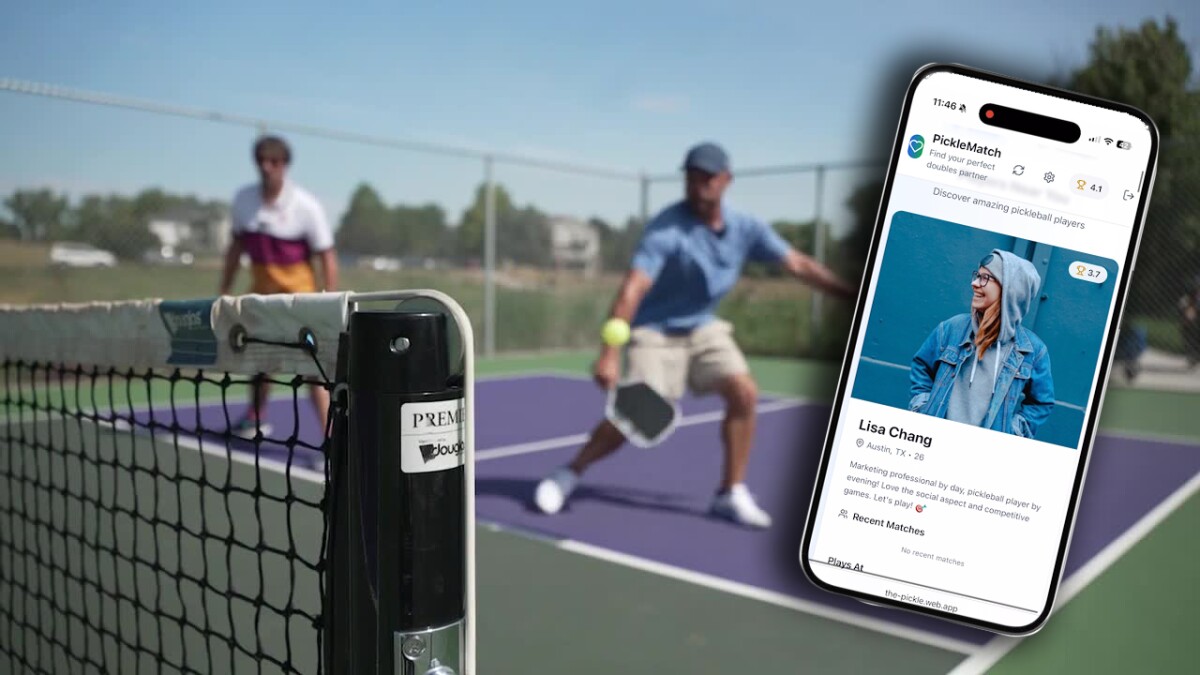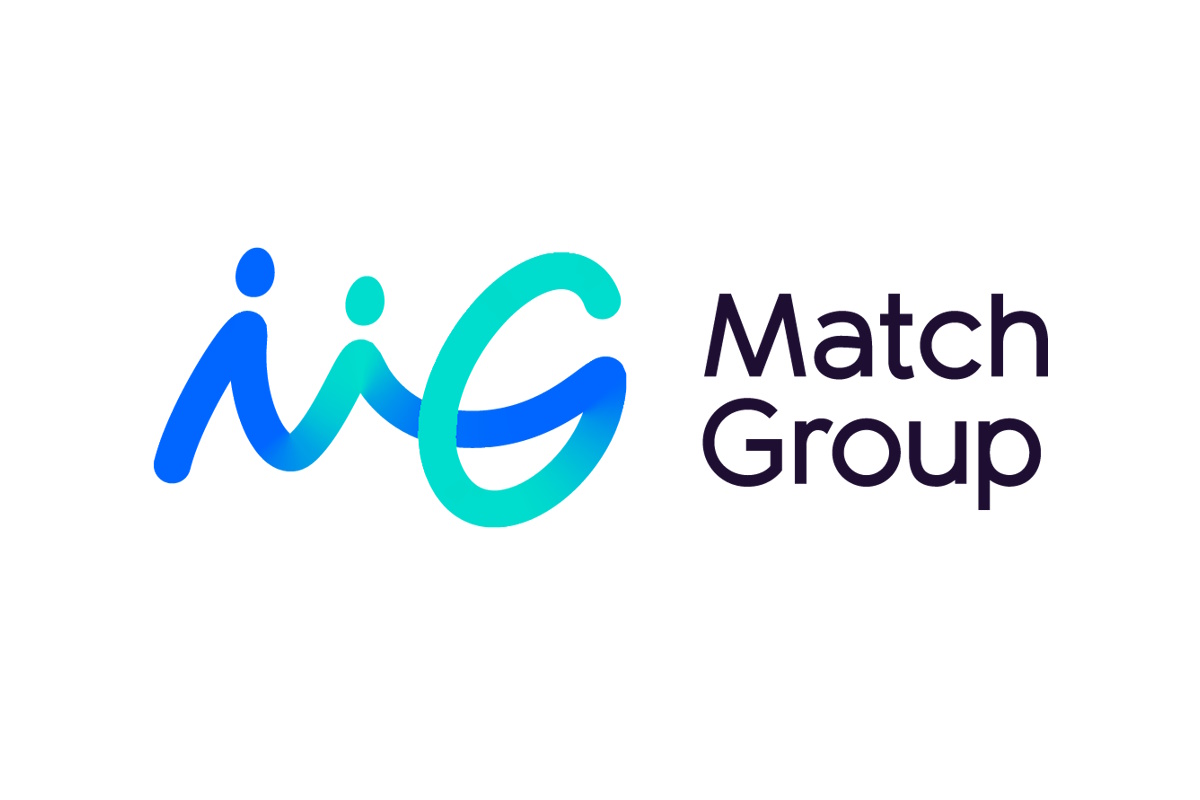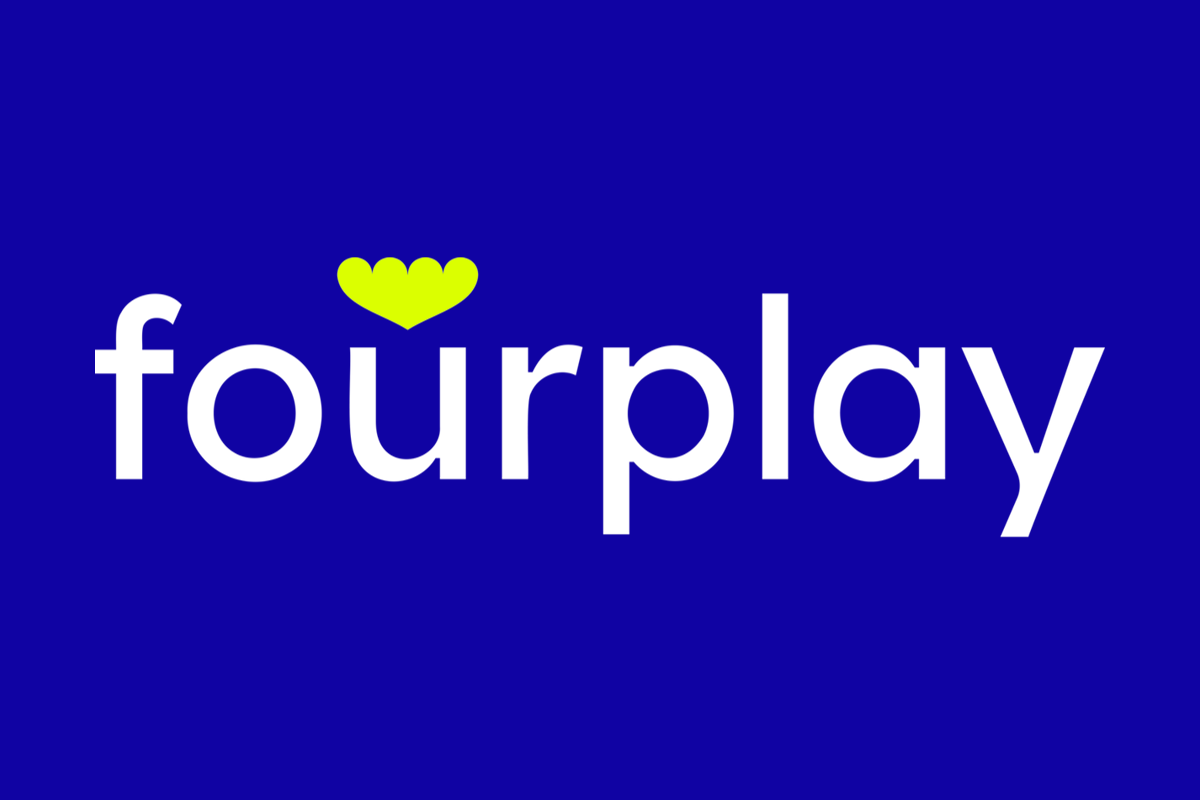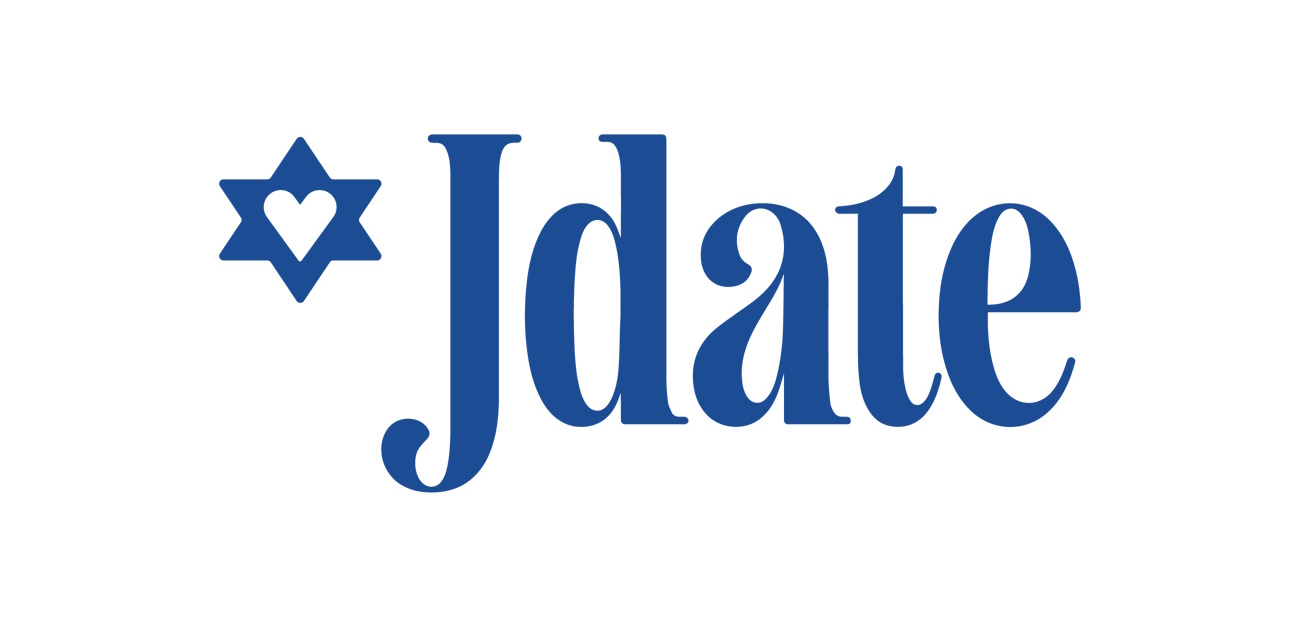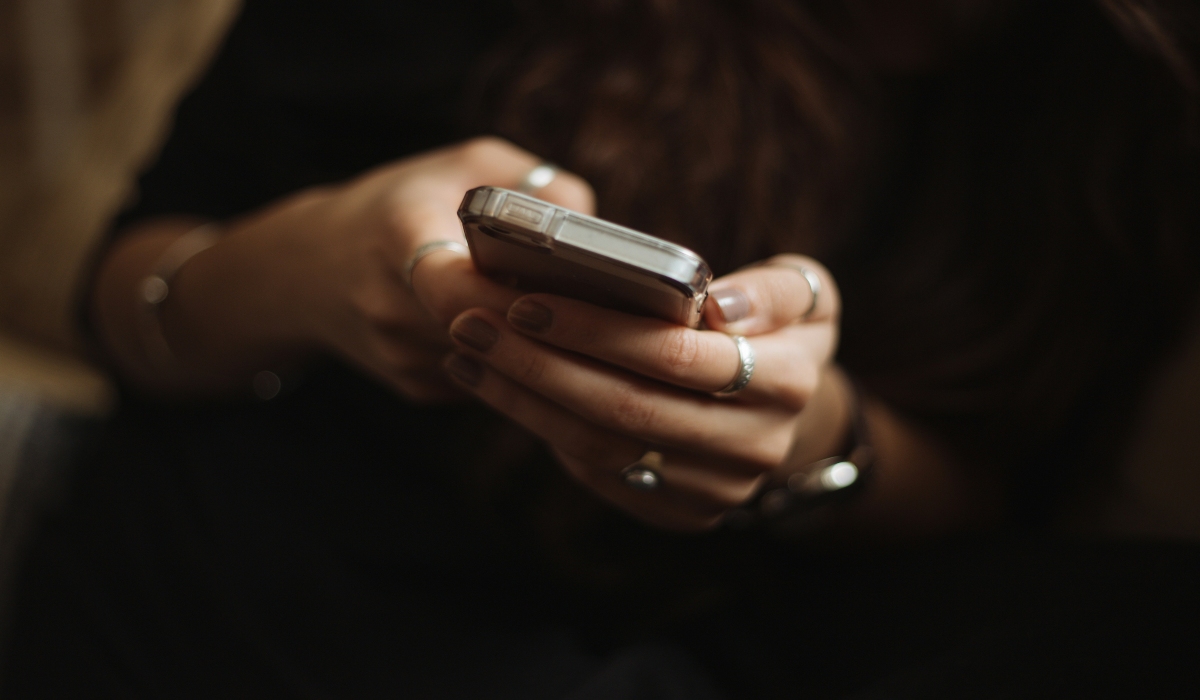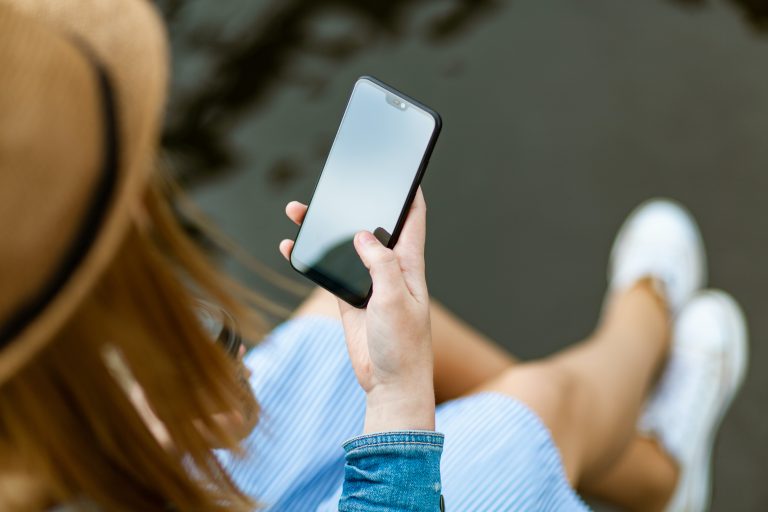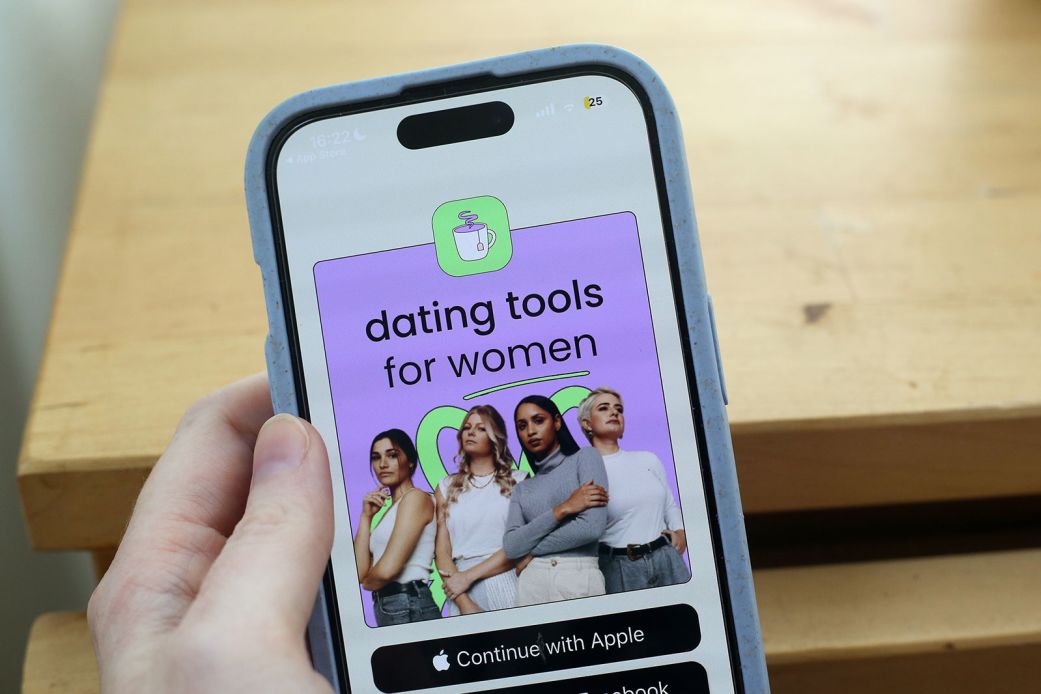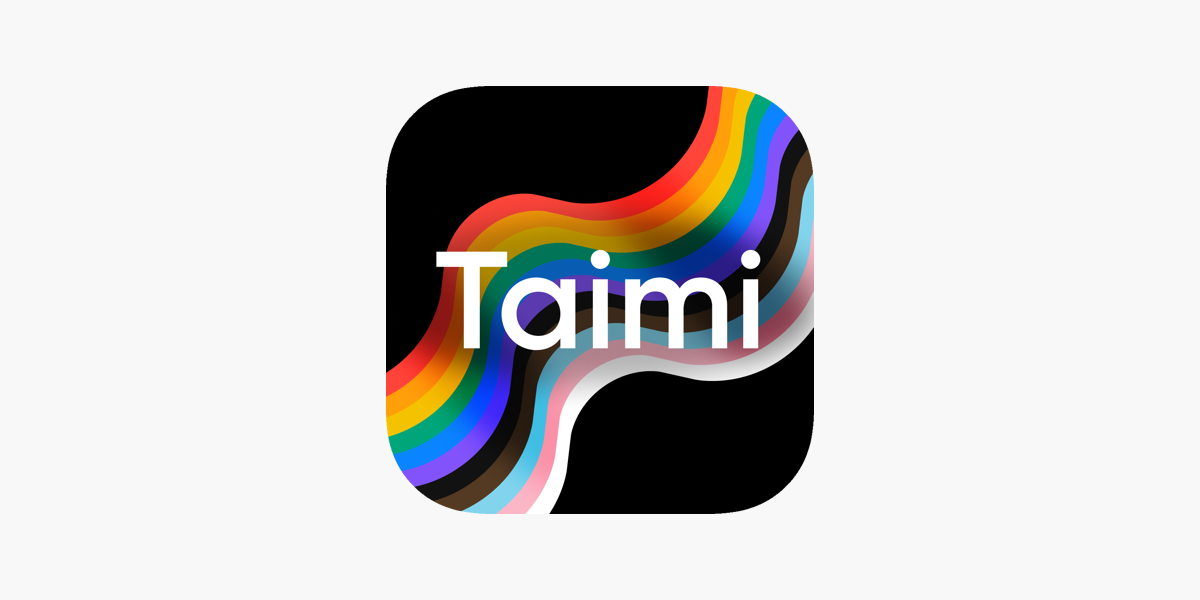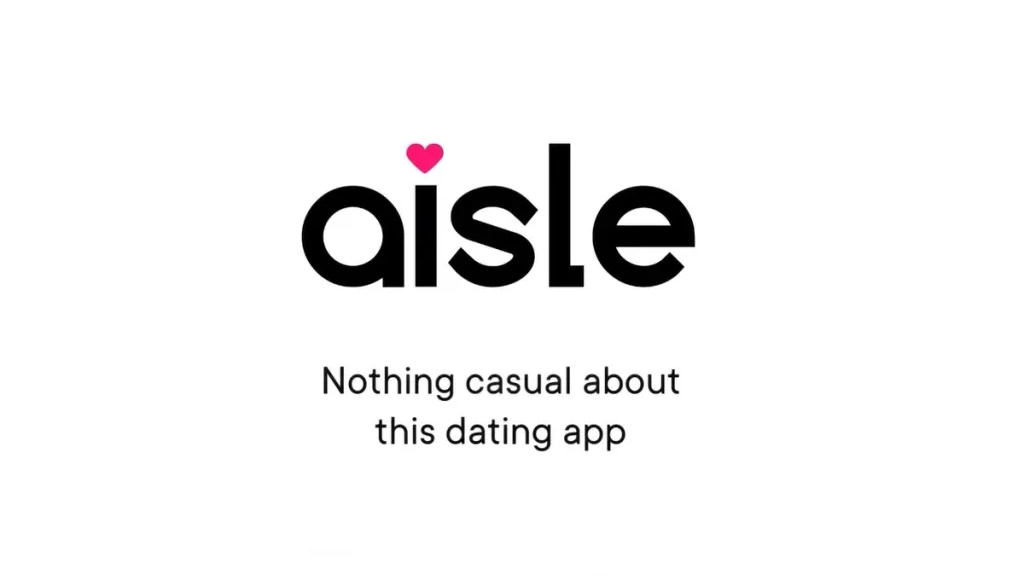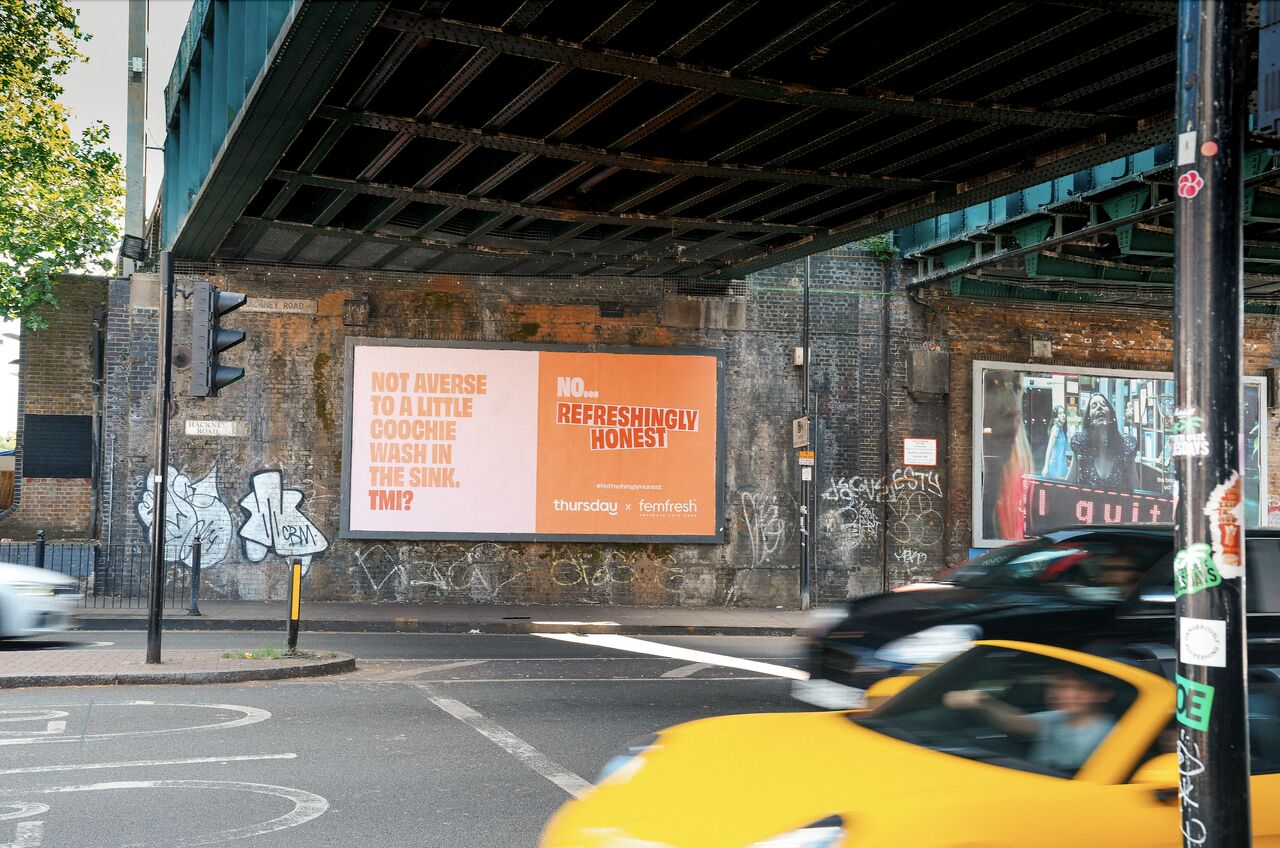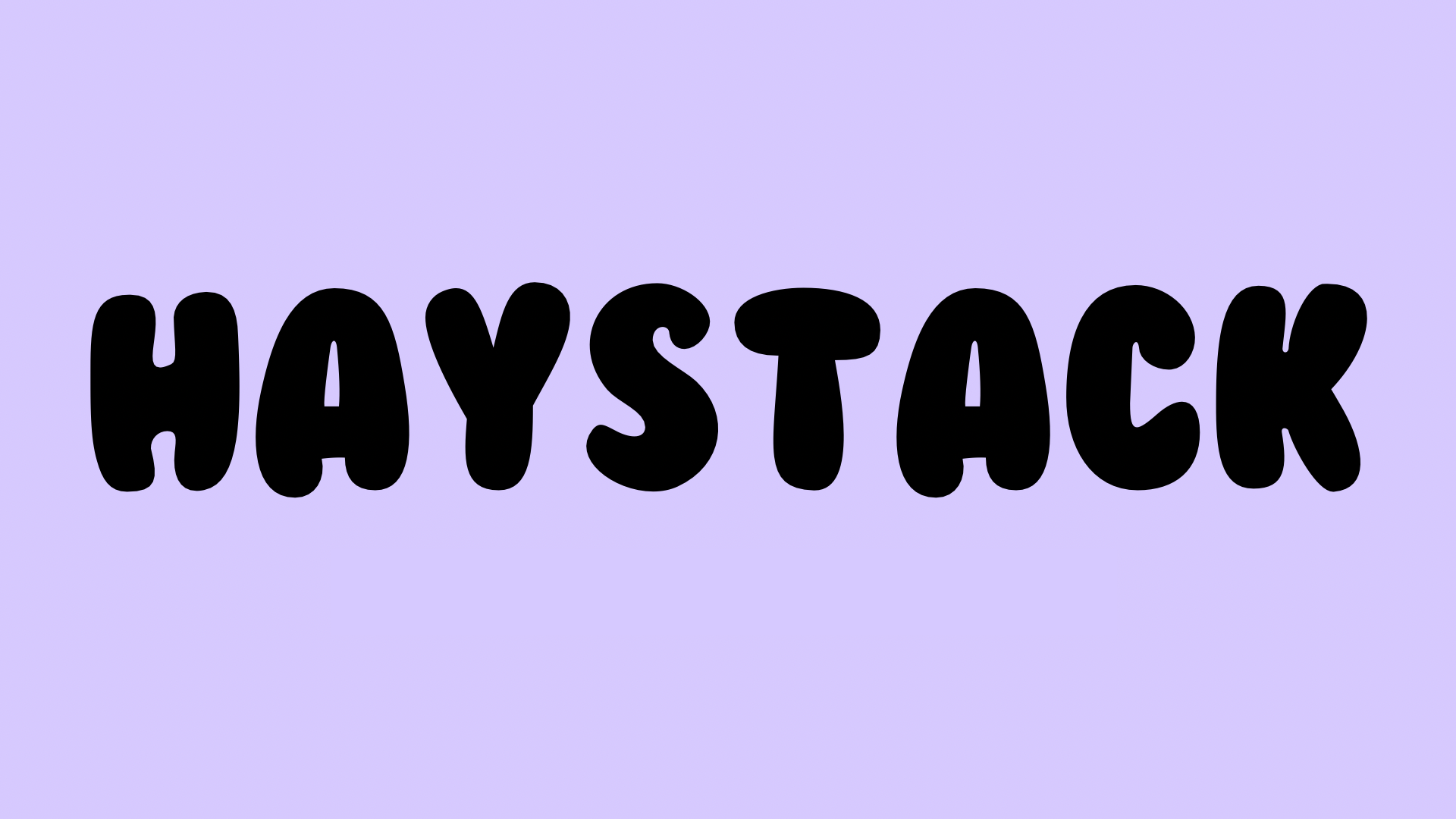After more than a decade of swipe-based platforms dominating the dating scene, fatigue is setting in. Once celebrated for opening up endless romantic possibilities, apps such as Tinder and Bumble are increasingly criticised for leaving users burned out and disillusioned – with major gaps in the market opening up for any app that can create more authentic dating experiences.
“We’re at a pivotal point for dating apps,” said Dr Liesel Sharabi, professor at Arizona State University and director of the Relationships and Technology Lab. “There hasn’t been meaningful innovation in this space for over a decade, and now people are burnt out.”
Much of the criticism centres on the mechanics of online dating itself. Profiles are reduced to quantifiable traits – height, hobbies, jobs – while algorithms create feedback loops that reinforce superficial preferences. The abundance of choice fosters “swipe fatigue,” and, as Sharabi notes, “People think there’s always someone better out there, which undermines the mindset needed to build real relationships.”
This growing scepticism is pushing the industry in two directions. Some start-ups are moving away from endless swiping and toward real-world encounters. Dutch app Breeze, for instance, eliminates in-app chatting and automatically schedules dates in vetted venues once two users match. Co-founder Marco van der Woode describes the approach as reintroducing accountability: “Cancel too many dates, and we lock your profile temporarily.”
Others are experimenting with immersive technologies. Sharabi has explored how virtual reality could be used for dating coaching, helping users practice conversations and build confidence before meeting in person. Meanwhile, AI-driven tools are being rolled out across major platforms to refine matches and weed out scams, though surveys suggest younger users remain uneasy about algorithmic matchmaking.
All of this hints towards the fact that conventional dating app structures may simply not be what a lot of users are looking for – and that modern dating may require a more considered approach to how users actually want to connect, especially in the face of growing fatigue with the typical swipe experience.
